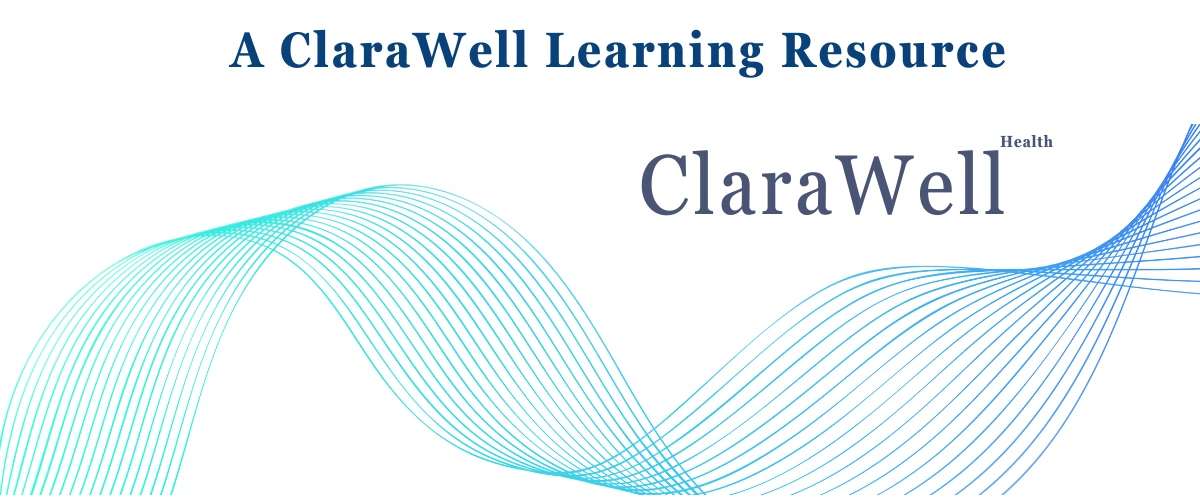Learn with ClaraWell
How to Sleep Better Naturally

How to Sleep Better Naturally
How to Sleep Better Naturally
You don’t have to start with medication. Many sleep challenges improve with small, consistent shifts. These cards offer calming, practical ways to support better sleep—backed by science, easy to try, and built for real life.
Take the insomnia screener if you’d like help identifying what’s affecting your sleep right now.
🌞 Get Morning Light
Sunlight in the first hour of your day helps reset your body clock. It supports melatonin timing and helps you feel sleepy later at night.
🕰️ Keep a Regular Sleep–Wake Cycle
Try to wake up and go to bed at the same time each day—even on weekends. This steady rhythm helps keep your circadian rhythm aligned and supports better, deeper rest.
🚫 Cut Caffeine by 2PM
Caffeine can stay in your system for hours. An afternoon cut-off helps your body wind down naturally by bedtime.
🏃 Move During the Day
Exercise builds up sleep pressure. A daily walk or light workout improves how quickly and deeply you sleep.
🧘♂️ Try Gentle Yoga or Stretching
Simple movements in the evening help release physical tension. They can be especially helpful after a stressful day.
🧠 Practice Mindfulness or Meditation
Slowing your breath and bringing awareness to the present can calm your nervous system and support a smoother transition to sleep.
🧘 Build a Wind-Down Routine
Choose a few calming habits to repeat nightly. Even 10 minutes of quiet time signals to your brain that rest is coming.
📿 Calming Practices
Try a body scan, deep breathing, or progressive muscle relaxation. These techniques are simple and often effective.
📱 Limit Screen Glow
Blue light from screens can delay melatonin. Try using night mode or stepping away from devices 30–60 minutes before bed.
🍽️ Watch Late Meals
Eating right before bed can activate your digestion and keep your body alert when it should be winding down. Try to finish dinner at least 2 to 3 hours before lying down to help your system settle and signal it’s time to rest.
🛏️ Make Your Bed a Sleep-Only Zone
Use your bed only for sleep and rest. Avoid working, watching shows, or scrolling on your phone while in bed. This helps your brain associate the space with calm, quiet, and restfulness. Over time, this connection can make it easier to fall asleep and stay asleep.
📓 Download Your Mind
Write down your thoughts before bed. It can reduce mental clutter and help you feel more settled. Learn more about racing thoughts and sleep.
🎧 Try Low-Stimulation Audio
Soft music, ambient sounds, or narration can help quiet your mind. It’s a gentle way to shift your brain toward rest.
🔄 Focus on Patterns, Not Perfection
One good night is helpful—but consistent habits matter more. ClaraWell™ is here to help you find the rhythm that works for you.
You don’t need to change everything at once. Sleep improves with small, steady steps. Choose one or two tips that feel doable, and give them time to settle in. Most of all, be gentle with yourself. This is a process, not a test. If you're looking for ways to sleep better naturally, you can also explore trusted advice from Harvard Health on natural sleep supplements.
Want to understand your sleep patterns more clearly? ClaraWell™ offers a free screener to help you reflect on your habits and assess your risk.
Take the Insomnia Risk Screener